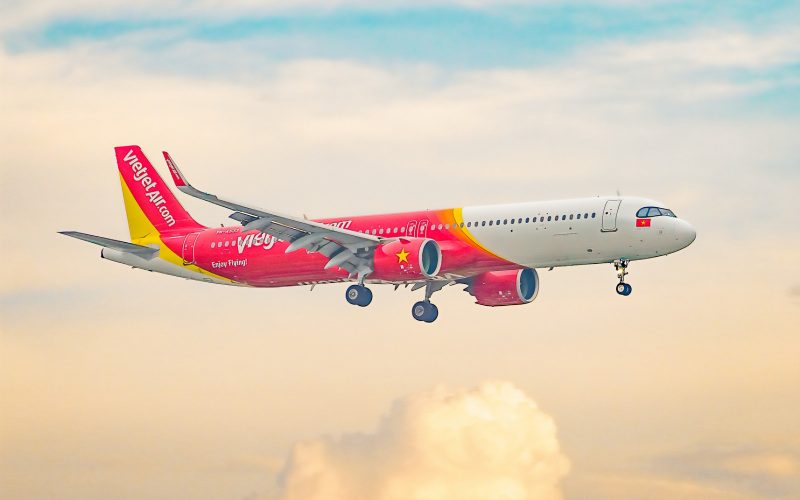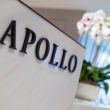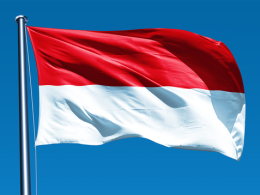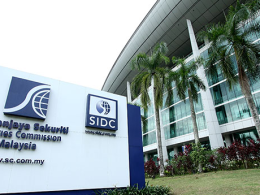Singapore’s Advertising Standards Authority (ASAS) has banned VietJet’s “Green Friday” campaign, citing unsubstantiated environmental claims. The campaign, which offered tickets starting at US$64, promoted air travel with the promise of contributing to a “greener future.”
ASAS ruled that the campaign breached the Singapore Code of Advertising Practice by failing to provide factual evidence for its claims. The watchdog found that VietJet’s environmental benefits, such as the use of Sustainable Aviation Fuel (SAF) and digital services, were either limited in scope or lacked sufficient substantiation.
The “Green Friday” campaign promoted VietJet’s fleet as “modern, fuel-efficient, and environmentally friendly” due to features like “sharklets” that reduce drag and save fuel. However, ASAS determined that these benefits applied only to certain aircraft and engine configurations within the airline’s fleet.
In response, VietJet defended its sustainability initiatives, pointing to its adoption of SAF, which can reduce emissions by up to 80% compared to traditional jet fuels. The airline also highlighted two SAF-powered flights conducted in October 2024. However, it did not provide further data on the campaign’s outcomes or sales of “eco tickets.”
The case reflects growing scrutiny of greenwashing in the aviation sector, which accounts for 2.5% of global carbon emissions. Airlines such as KLM, Qantas, and Virgin Atlantic have faced similar accusations for overstating their environmental credentials.
With air travel demand rising, particularly in emerging markets like Vietnam, experts are calling for greater accountability in sustainability advertising.
VietJet has set a goal of achieving net-zero emissions by 2050, but experts note that the reliance on SAF and incremental measures, such as using bamboo utensils in business class, is insufficient to offset the broader environmental impact of air travel. SAF remains a small fraction of total aviation fuel usage, limiting its immediate impact on decarbonisation.
“Aviation remains one of the hardest industries to decarbonise,” ASAS Chairman Bryan Tan said, emphasising the importance of transparency in advertising sustainability claims.
The ASAS ruling comes as greenwashing claims face increased scrutiny globally. Despite the growing focus, Singapore does not yet have specific greenwashing legislation, leaving ASAS as the primary body addressing misleading environmental claims.
“Terms like ‘eco,’ ‘carbon neutral,’ or ‘sustainable’ must be backed by verifiable evidence,” Tan said, calling for stricter standards in advertising practices.





















